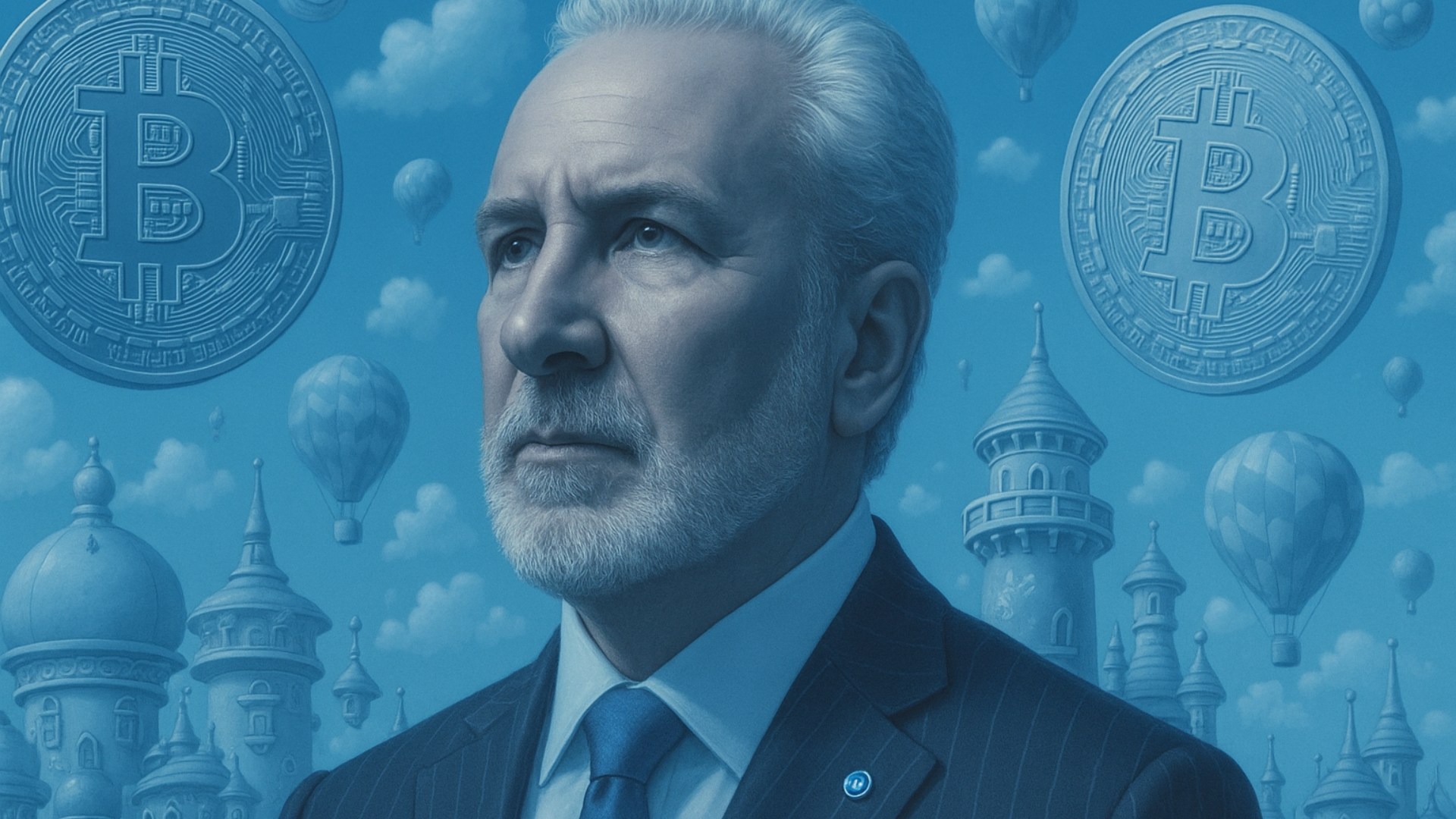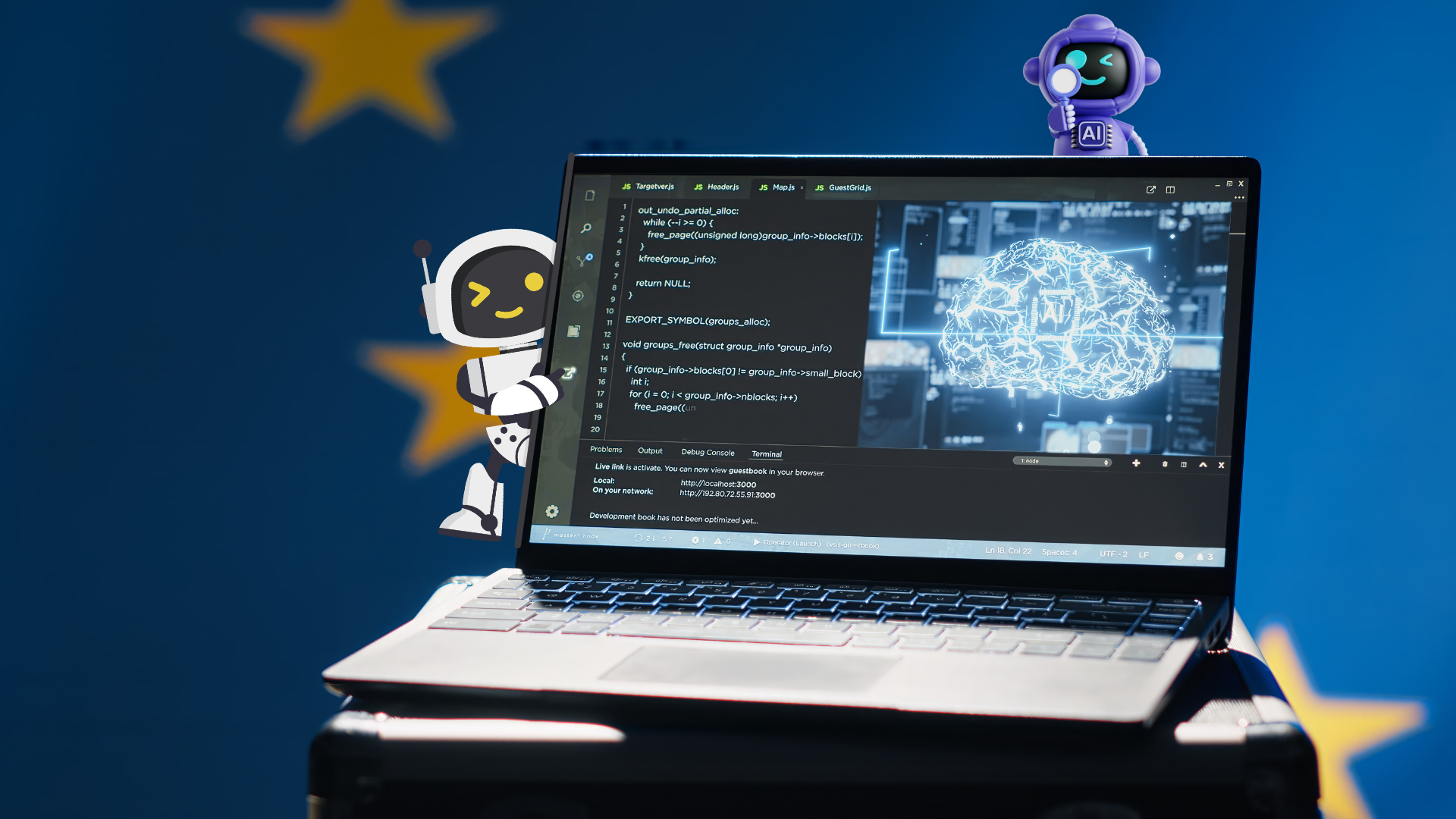
As artificial intelligence continues to evolve at breakneck speed, reshaping industries and personal lives alike, Ethereum co-founder Vitalik Buterin is sounding the alarm on one of the most pressing issues of our time — privacy.
In a recent blog post, Buterin highlighted growing concerns around centralized data collection, AI-driven surveillance, and the diminishing ability of individuals to protect their own information. His message is clear: if privacy isn’t protected now, it may be lost forever — especially for those without institutional power.
A World Where AI Reads Minds?
Buterin’s warning is rooted in the dramatic expansion of AI’s capabilities — not just in what data it collects, but how deeply it can interpret it. He notes that we are heading toward a future where brain-computer interfaces and AI could literally access a person’s thoughts.
“AI is greatly increasing capabilities for centralized data collection and analysis while greatly expanding the scope of data that we share voluntarily. In the future, newer technologies like brain-computer interfaces bring further challenges: we may be literally talking about AI reading our minds,” Buterin wrote.
This development would push privacy concerns far beyond what society has previously faced, making the case for privacy-preserving tools stronger than ever.
The Danger of Centralized Control
Beyond just technology, Buterin points to the broader geopolitical and institutional threats to personal privacy. From telecom companies to payment processors, more entities than ever are collecting and managing sensitive data. According to Buterin, ensuring that every entity maintains a high standard of privacy is not only difficult but fundamentally incompatible with a competitive free market.
“Policing all of these entities… is so effort intensive… that it is likely incompatible with maintaining a competitive free market,” he added.
Further complicating matters, Buterin warns that governments and institutions can change. A regime that values privacy today might not do so tomorrow, making trust an unstable foundation for privacy protection.
Privacy vs. Security: A False Choice
This growing dilemma is echoed by Ari Redbord, global head of policy at TRM Labs and a former U.S. Treasury official. Speaking to crypto.news, Redbord explained that the debate between privacy and security is one of the defining issues of our time — and blockchain technology offers a way to balance both.
“After 9/11, that debate played out in airports and public spaces — today, it’s happening on blockchains,” Redbord said. “It is not a choice between security and privacy when it comes to blockchains, the technology uniquely allows us to have both.”
He emphasizes that with tools like zero-knowledge proofs (ZKPs), digital ID, and smart contracts, developers can build systems that are transparent for regulators but private for users, ensuring safety without sacrificing personal freedom.
Tools to Safeguard the Future
Buterin isn’t just highlighting problems — he’s pointing to solutions already in development:
- Zero-Knowledge Proof of Personhood: Enables individuals to prove they are unique without revealing personal identity.
- Privacy Pools (e.g., Railgun): Allow users to prove their funds haven’t come from illicit activity without exposing their wallet history.
- On-Device Anti-Fraud Scanning: Scans incoming data for scams and harmful content without sending data to a central server.
- ZK-Based Proof of Provenance: Lets consumers verify a product’s manufacturing history and environmental footprint without exposing entire supply chain details.
These tools, if developed and implemented responsibly, could make blockchain technology the key to privacy in a digitally transparent age.
A Crucial Crossroads
In his closing remarks, Buterin warns of a dystopian future in which the powerful have near-total access to everyone’s data, while ordinary people are left in the dark. This imbalance, he argues, would erode trust and undermine freedom at its core.
“The most pressing risk of near-future technology is that privacy will approach all-time lows, and in a highly imbalanced way where the most powerful individuals and the most powerful nations get lots of data on everyone, and everyone else will see close to nothing.”
To avoid that fate, Buterin urges the community to build open-source, universal, and privacy-first tools, asserting that doing so is “one of the important challenges of our time.”










































































































































































































































































































































































































































































































































































































































































































































































































































































































































































































































































































































































































































